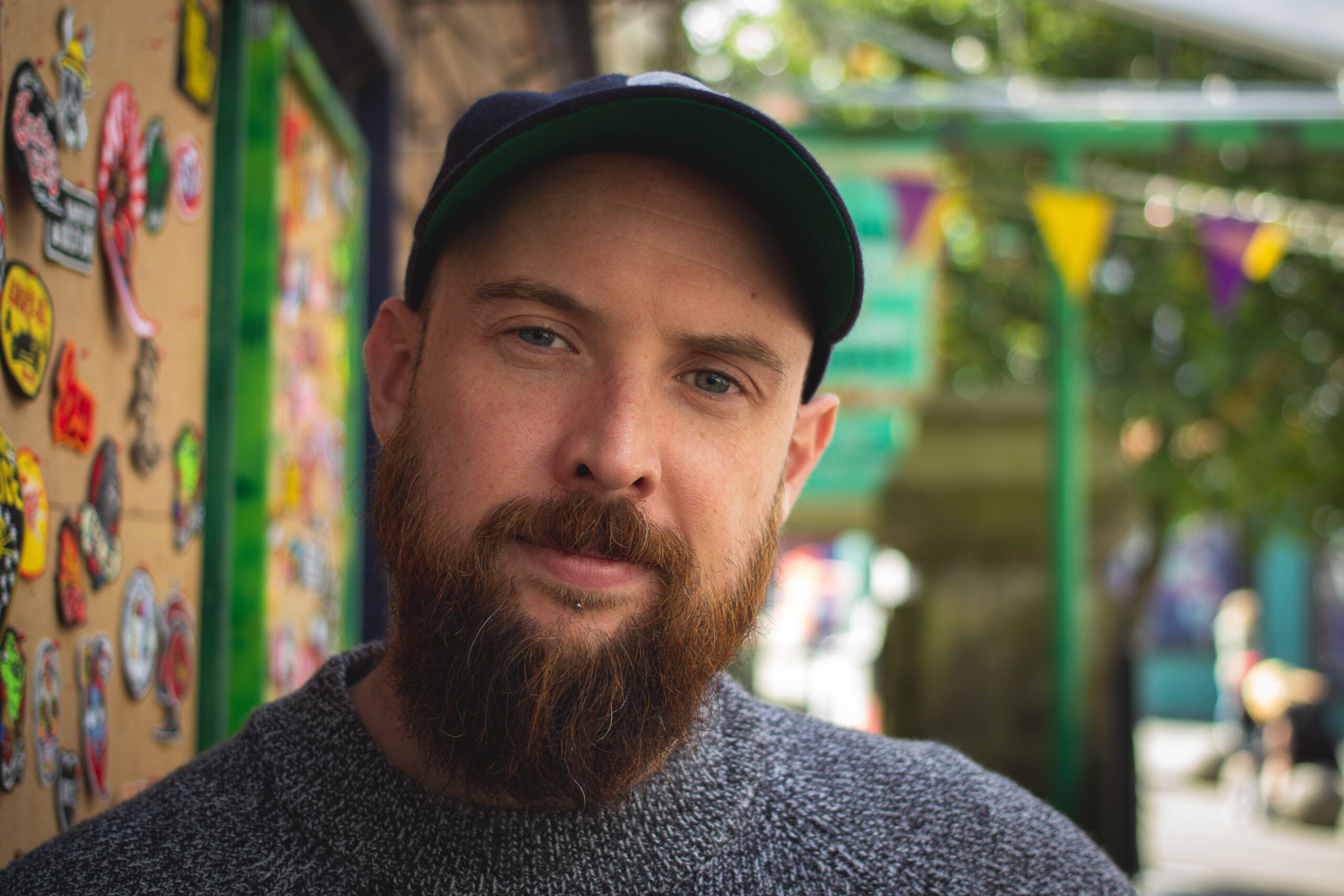Dan Comerford is a Vocalist, Guitarist, Sound Engineer, Instrument Maker. In this episode we chatted about his childhood passion for music and the challenges of creating a career in the music industry.
Dan is guitarist and vocalist with dream pop band Frankenstein Bolts and spoken-word punk ensemble Cursed Murphy Versus The Resistance.
Frankenstein Bolts have played at some of the country’s best festivals including Electric Picnic, Other Voices and many more. Their albums have been critically acclaimed in Irish and international music press. Material for a third album is currently being written.
He is also in Cursed Murphy Versus The Resistance who released their critically acclaimed debut album in May 2020.
Outside of life as a performer, Dan works as a live sound engineer and is currently creating his own guitar building business, Comerford Handcrafted Guitars.
